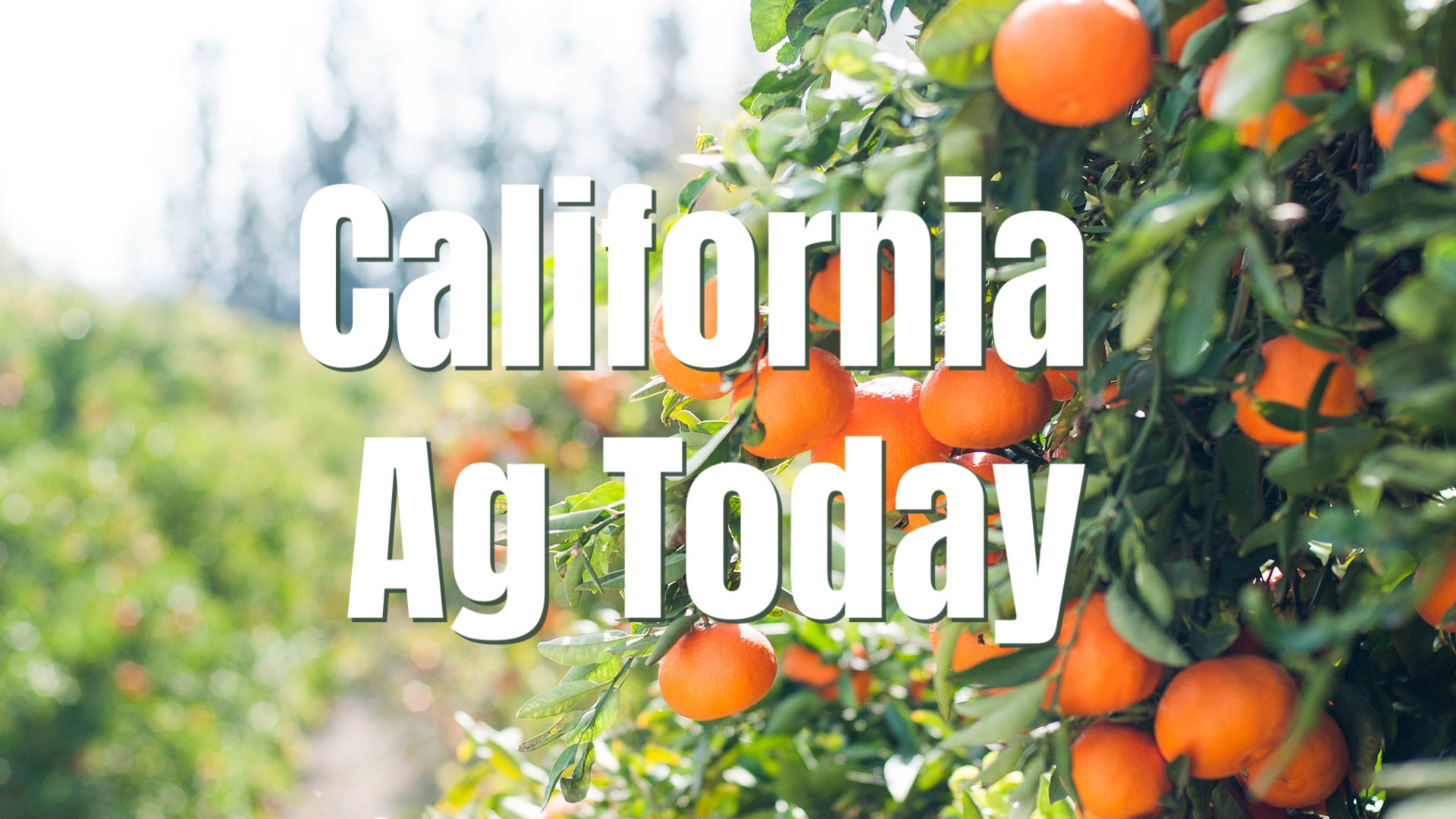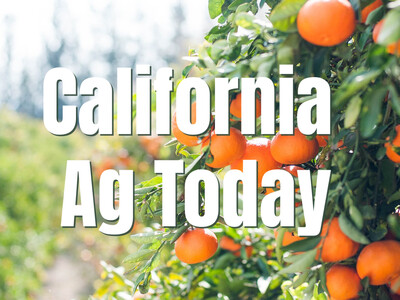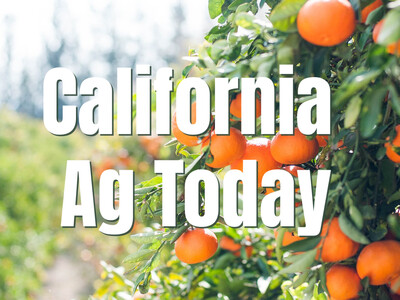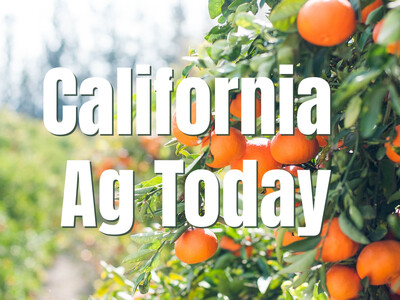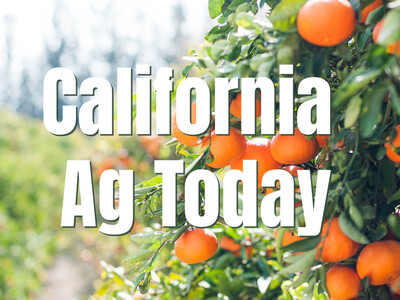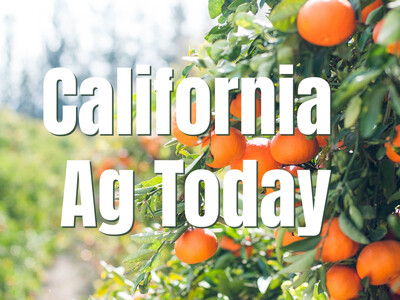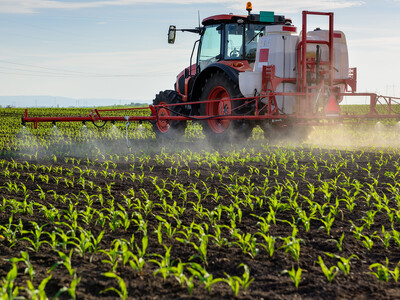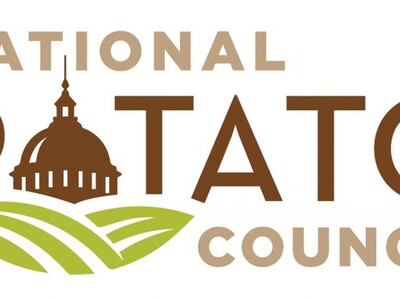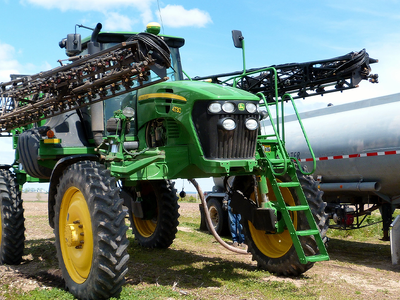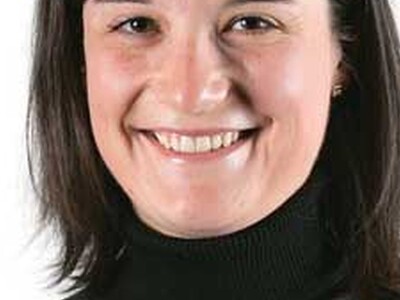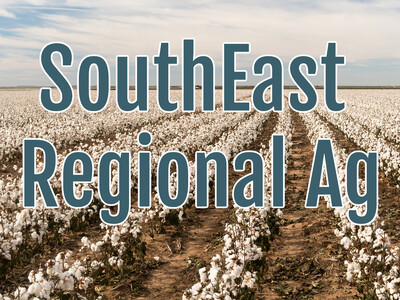Cattle Feed Additives Lower Greenhouse Gas Emissions - Part Two

Tim Hammerich
News Reporter
Researchers at UC Davis are finding that a seaweed-based feed additive can drastically reduce greenhouse gas emissions from cattle. One of the nice things about this approach, is it does not have to replace any of the normal ration these cattle are fed. Ermias Kebreab is the associate dean and professor of animal science at UC Davis.
Kebreab… “The ration is going to be exactly the same. There's nothing changing in the ration because we are giving the feed additive in such a small quantity. It has no contribution to the nutrition of the diet.”
This does represent an additional expense for producers, but Kebreab says regulations will make it necessary.
Kebreab… “There are states like California, who are going to mandate a reduction of methane emissions by 40% in the next nine years. So when you have a Monday like that, then it becomes more attractive to get something like this, to be able to show that you're achieving the reductions that the state is mandating. And I see that this kind of thing is going to happen more and more often, particularly as the livestock industry in the U S and worldwide, has a goal to achieve net zero. And if you have something like this would really, really help the whole industry achieving net zero, a lot quicker than otherwise.”
Further research will look at the use of these feed additives under various conditions.


